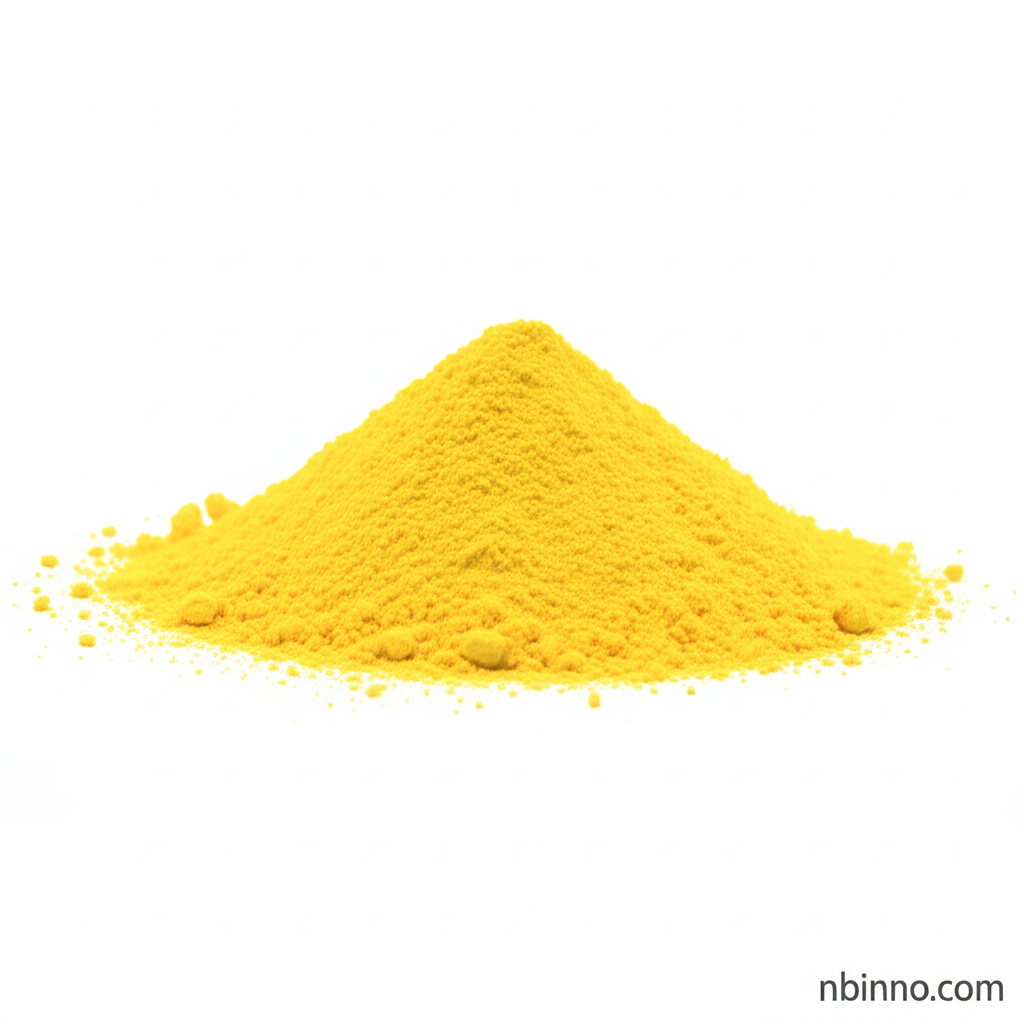Chlortetracycline Hydrochloride: Properties, Applications, and Safety Guidelines for Industrial Use
Discover the comprehensive overview of Chlortetracycline Hydrochloride for your industrial and research needs.
Get a Quote & SampleProduct Core Value

Chlortetracycline Hydrochloride
Chlortetracycline Hydrochloride (CAS 64-72-2) is a potent, broad-spectrum antibiotic derived from the bacterium *Streptomyces aureofaciens*. Its primary mechanism of action involves inhibiting protein synthesis in susceptible bacteria by binding to the 30S ribosomal subunit, thereby preventing the crucial attachment of aminoacyl-tRNA to the mRNA-ribosome complex. This action effectively halts the addition of new amino acids to the nascent peptide chain, making it a vital compound in combating bacterial infections.
- Leverage the power of Chlortetracycline hydrochloride mechanism of action to combat bacterial infections effectively. This antibiotic is key in disrupting bacterial protein synthesis.
- Explore Chlortetracycline hydrochloride industrial applications in veterinary medicine for disease prevention and treatment in livestock, enhancing animal welfare.
- Understand Chlortetracycline hydrochloride veterinary use for managing a range of bacterial ailments in poultry, cattle, and swine, improving productivity.
- Prioritize safety with Chlortetracycline hydrochloride safety precautions, ensuring responsible handling and application to minimize risks and environmental impact.
Advantages Provided by the Product
Broad-Spectrum Efficacy
Chlortetracycline hydrochloride offers broad-spectrum antimicrobial activity, making it effective against a wide range of Gram-positive and Gram-negative bacteria, which is crucial for treating diverse infections.
Protein Synthesis Inhibition
Its targeted mechanism of antibiotic protein synthesis inhibition ensures precise action against bacterial targets, minimizing off-target effects and maximizing therapeutic potential.
Established Veterinary Use
With a history of proven Chlortetracycline hydrochloride veterinary use, this compound is a reliable choice for maintaining animal health and supporting agricultural productivity.
Key Applications
Veterinary Medicine
Chlortetracycline hydrochloride is widely utilized in veterinary medicine to treat and prevent various bacterial infections in livestock. Its application aids in managing respiratory diseases, enteritis, and other conditions susceptible to its antibiotic properties.
Agriculture
In agriculture, Chlortetracycline hydrochloride is employed to enhance growth rates and improve feed efficiency in animal husbandry, contributing to overall farm productivity under controlled settings.
Antibacterial Treatment
As a powerful antibacterial agent, it plays a role in controlling bacterial contamination and infections in various industrial processes where microbial control is essential.
Research and Development
This compound serves as a valuable tool in research laboratories for studying antibiotic resistance, protein synthesis, and as a fluorescent calcium probe, furthering scientific understanding in microbiology and cell biology.
